-
Music’s Role in Ringing in the New Year Around the World 12/21/2023 In Symphony News
 Read More
Read MoreAs the clock strikes midnight on New Year’s Eve, the world is immersed in a symphony of sounds, each unique to its cultural heritage. Music connects people and fosters a collective spirit of hope. The Des Moines Symphony's performance is one of our community's traditions on New Year's Eve. We hope you'll join us, year after year.
-
DMSO + Varsity: More on Bernstein 12/15/2023 In News
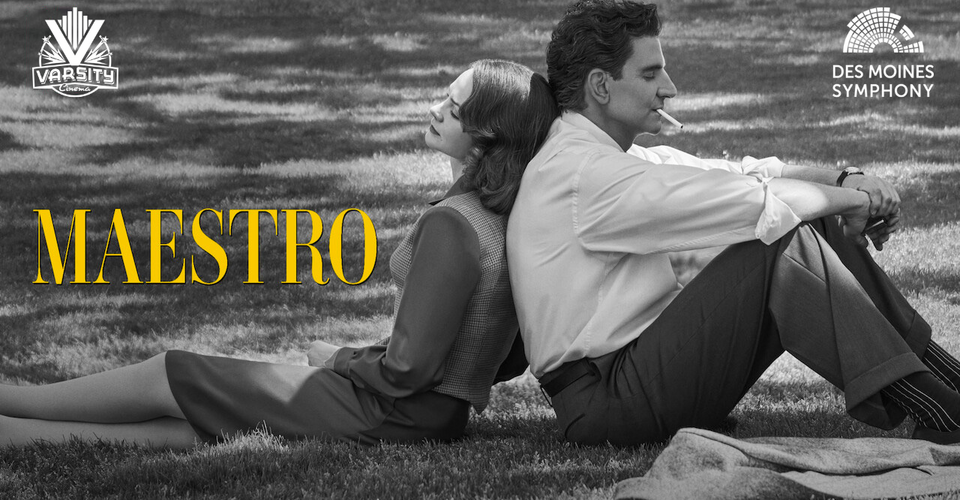 Read More
Read MoreLeonard Bernstein, a name synonymous with musical brilliance and innovation, left an indelible mark on the world of classical and contemporary music. In September 2023, the movie Maestro premiered at the Venice International Film Festival. Directed by Bradley Cooper, the film focuses on Bernstein’s lifelong relationship with actress Felicia Montealegre Cohn Bernstein (Carey Mulligan).
-
2023: A Year in Review 12/05/2023 In Symphony News
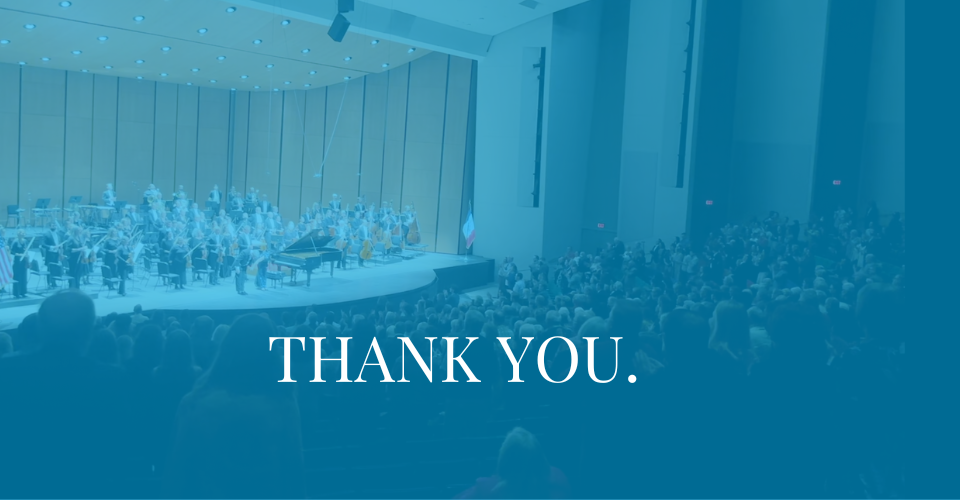 Read More
Read More2023 has been a great year for the Symphony! From awe-inspiring guest artists to life-changing youth programs, we have so much to be thankful for. Check out our Year in Review!
-
5 Things to Know About Our Orchestra Conductor, Joeseph Guinta 12/05/2023 In Symphony News
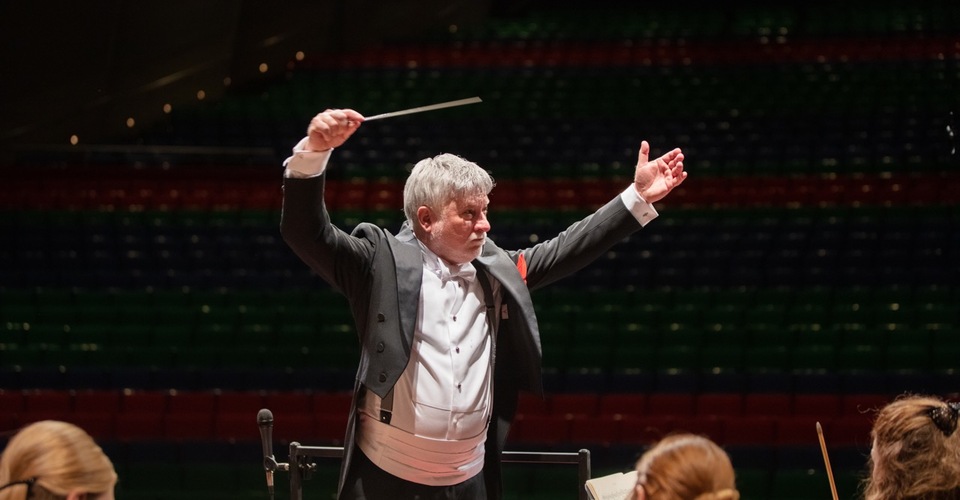 Read More
Read MoreGet to know our conductor, Joseph Giunta! Here are five interesting facts about his career!
-
2023 Des Moines Symphony Gift Guide 11/22/2023 In Symphony News
 Read More
Read MoreThe Des Moines Symphony has something for everyone on your list!
-
Celebrating Symphony Donors 11/14/2023 In Symphony News
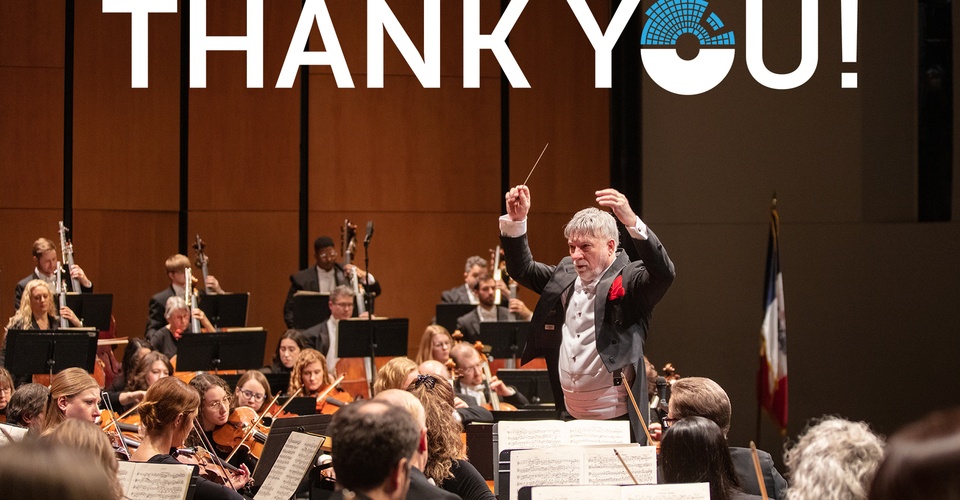 Read More
Read MoreThis November, we celebrate you, our donors!
From November 16-23, we will honor all you do to help ensure the Des Moines Symphony & Academy remains a vibrant part of the Central Iowa community.
Thank you for making the music possible! -
Florence Price 11/13/2023 In Symphony News
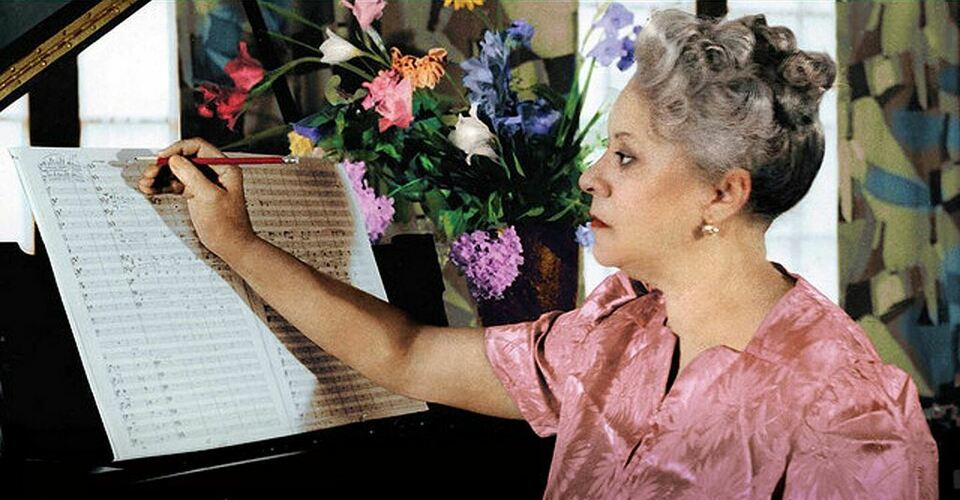 Read More
Read MoreFlorence Price's life and music have become an important symbol of perseverance and artistic achievement in the face of racial adversity, inspiring many musicians and composers to continue breaking barriers in the world of classical music.
-
Masterworks 3: Discover Freedom Program Notes 11/10/2023 In Symphony News
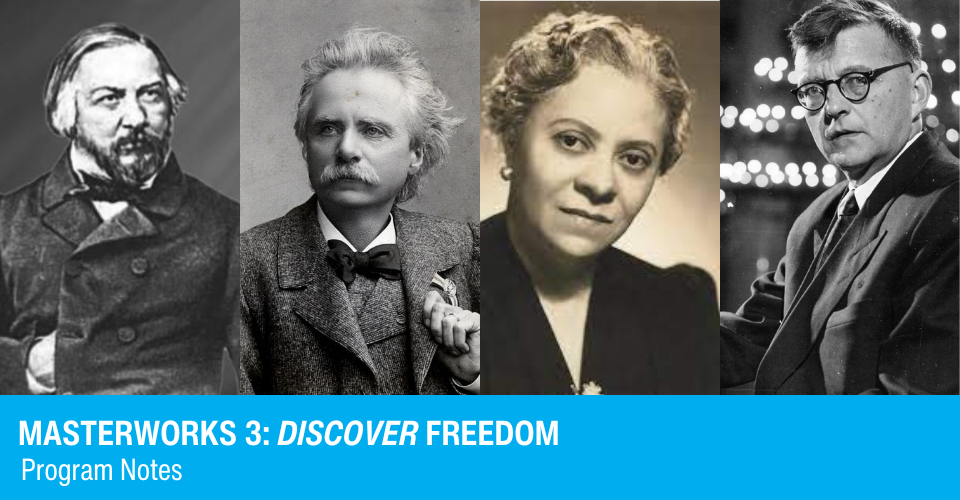 Read More
Read MoreRead about the music and composers featured in Masterworks 3: Discover Freedom on November 18 & 19, 2023.
-
What is Discover Freedom? 11/09/2023 In Symphony News
 Read More
Read MoreThe Des Moines Symphony presents Discover Freedom on November 18 and 19, but what does Discover Freedom mean?
-
Behind-the-Scenes Roles in an Orchestra 11/06/2023 In Symphony News
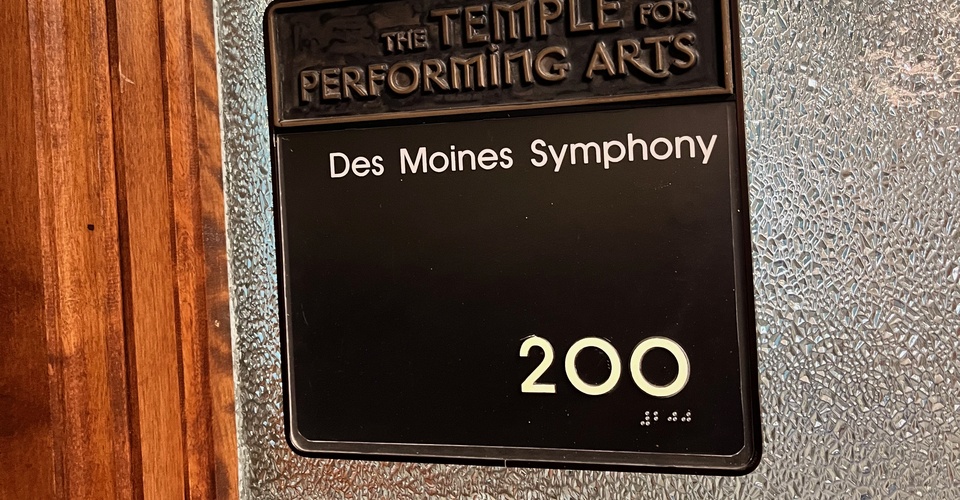 Read More
Read MoreHave you ever wondered what work is done off stage to ensure that the orchestra can shine on stage? Learn more about the behind-the-scenes roles of an orchestra here!
Recent Articles
- Meet Stella Chen 02/02/2026 In Symphony News
- Reflection – Smetana & Beethoven 02/02/2026 In Symphony News
- Celebrate Black History Month 02/01/2026 In Symphony News
- Sponsor Spotlight: Nix & Virginia Lauridsen 01/26/2026 In Symphony News
- Meet Adalyn Sidon! 01/25/2026 In Academy News


